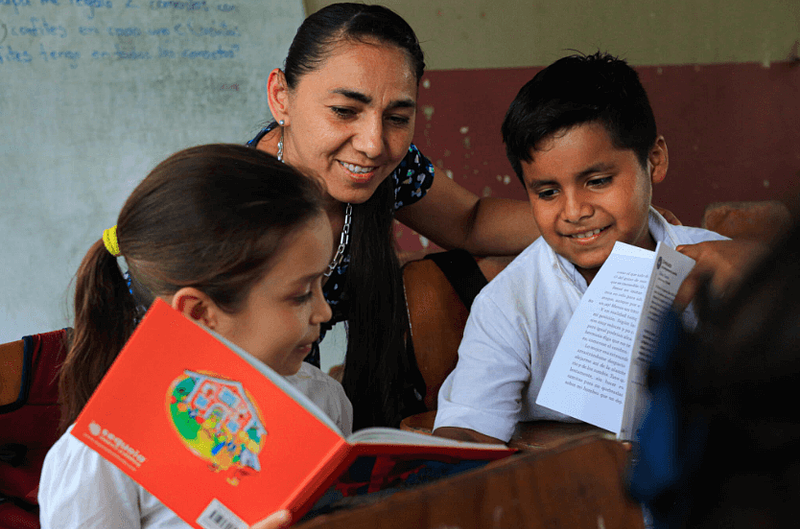In education, one size does not fit all. The traditional school system, once defined by rows of desks and an inflexible approach to teaching, is now recognising the importance of the diverse array of learning styles, abilities, and needs that each student brings to the classroom.
Inclusive education involves designing curricula, pedagogies, materials, and classroom environments that support and engage all students regardless of their background, abilities, or learning preferences. However, creating an inclusive space and providing diverse materials is only the beginning; we must also ensure that teachers have the tools required to evolve their teaching methods. Adaptive teaching, a growing concept that understands students’ unique learning styles and paces, has emerged in response. It encourages teachers to modify and alter existing methods to suit individual contexts, ensuring no student is left behind.
To understand more about what goes into creating inclusive and adaptive learning environments, I had the privilege of speaking with Celmira Macedo from EKUI (2023 Global Collection) and Kate Curran and Bianca Argueta from the Accelerated Learning Recovery Program, both shortlisted for the 2024 Global Collection.
Literacy and communication skills are critical, yet many individuals struggle to grasp these fundamental skills. EKUI (short for Equity, Knowledge, Universality, and Inclusion) offers a revolutionary design methodology for learning the alphabet. EKUI’s alphabet flashcards incorporate visual, phono-articulatory, and sensory cues, accommodating various learning styles in one resource allowing teachers and parents to adapt to each student’s needs. "Letters, on their own, are extremely abstract concepts. By including visual cues, we help everybody learn and memorise, while also providing materials for the blind, mute communities, and individuals with learning difficulties", Celmira Macedo explains.
"Letters, on their own, are extremely abstract concepts. By including visual cues, we help everybody learn and memorise, while also providing materials for the blind, mute communities, and individuals with learning difficulties." - Celmira Macedo
Including numerous cues and methods into a single flashcard allows for rapid adaptation to each learning situation and promotes inclusion and belonging among students who don’t need specialised materials to participate in the activity. The same idea - being able to participate in a class setting without feeling singled out - is used by the Accelerated Learning Recovery Program in Central America.
Many students suffered from learning loss in the aftermath of the COVID pandemic, particularly those in impoverished areas where school closures severely impacted their education. In response, the Accelerated Learning Recovery Program, a subset of the larger “School the World” organisation, operates in Central America, adapting Pratham’s TaRL (Teaching at the Right Level) methodology to fit their contexts and pre-existing school systems in Guatemala, Honduras, and Panama.

Their program teaches basic literacy and mathematics skills during existing school hours. They provide tutors trained on their methodology to individual schools and customise study groups based on students’ competency levels through bi-weekly assessments. By adapting the pre-existing classroom environment, the program leverages existing structures to make learning more accessible and manageable for both students and teachers.
EKUI and the Accelerated Learning Recovery Program have made inclusion and adaptability the cornerstones of their innovation. The two innovations reflect different aspects of the base philosophy of inclusive pedagogy: learning materials that help all students reach a high level and guidance for educators to tailor learning to student needs. They are a reminder that making education more accessible makes learning more effective for all.
If you have an innovation working on inclusive and adaptive education, we would love to hear from you! Share your innovation to be considered for the 2025 Global Collection.
